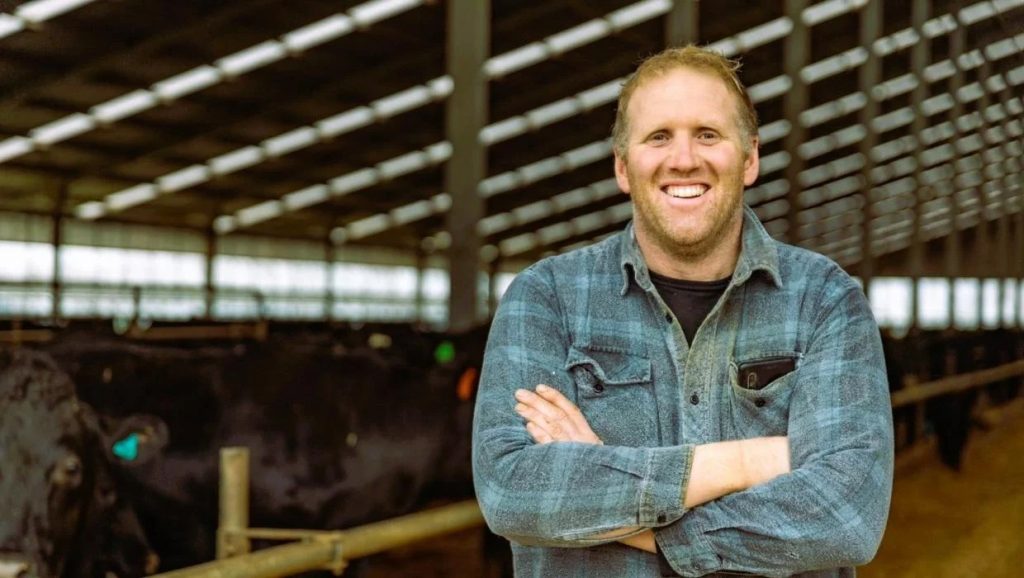A Canterbury farmer has become the first in the country to adopt a manure decanter system on his farm, turning effluent into valuable fertiliser.


A Canterbury farmer has become the first in the country to adopt a manure decanter system on his farm, turning effluent into valuable fertiliser.
Craig Copland, along with his brother Wayne, have successfully integrated a manure decanter system into their farming operations in Chertsey, Canterbury.
Copland said that since installing the decanter, they had seen a dramatic increase in irrigation run time, “from blocking nozzles in less than eight hours to now endless running times”.
“The other option we looked at was a slurry truck system, which would have involved transporting 24 million litres of effluent in 30,000-litre loads.”
He said he could operate the decanter system himself, whereas slurry trucks would require a driver to transport and spread slurry over fields.
The improved system was part of Copland’s efforts to improve on-farm sustainability.

Daniel Geldenhuys, sales engineer and business development at GEA, said the business was committed to providing innovative solutions that supported sustainable farming practices.
The System 5 dairy farm housed 600 cows and 1000 wagyu beef animals indoors, with 1500 cows milked through a 60-bail rotary.
The farm had been in their family for more than 140 years and included dairy, black origin wagyu beef, cropping, and an apple orchard.
Copland said the system had significantly improved pasture irrigation and reduced their use of synthetic fertilisers on the farm.
The manure decanter system was traditionally used in wastewater treatment and wineries. It separated solids from liquids, creating nutrient-rich fertiliser and irrigation water.

Before implementing the GEA Manure Decanter, Copland was using a GEA screw press separator but faced challenges with irrigation nozzle blockages and high levels of potassium and phosphate in his paddocks.
Liquid manure obtained from animal husbandry was a valuable fertiliser in modern agriculture but it had to be properly integrated into the natural nutrient cycle.
According to DairyNZ, the average dairy cow produced about $25 worth of nutrients annually as farm dairy effluent.
But poorly managed effluent posed an environmental and business risk, and could have detrimental effects on human health and water quality.

You can now read the most important #news on #eDairyNews #Whatsapp channels!!!
🇺🇸 eDairy News INGLÊS: https://whatsapp.com/channel/0029VaKsjzGDTkJyIN6hcP1K
Legal notice about Intellectual Property in digital contents. All information contained in these pages that is NOT owned by eDairy News and is NOT considered “public domain” by legal regulations, are registered trademarks of their respective owners and recognized by our company as such. The publication on the eDairy News website is made for the purpose of gathering information, respecting the rules contained in the Berne Convention for the Protection of Literary and Artistic Works; in Law 11.723 and other applicable rules. Any claim arising from the information contained in the eDairy News website shall be subject to the jurisdiction of the Ordinary Courts of the First Judicial District of the Province of Córdoba, Argentina, with seat in the City of Córdoba, excluding any other jurisdiction, including the Federal.
1.
2.
3.
4.
5.
eDairy News Spanish
eDairy News PORTUGUESE
